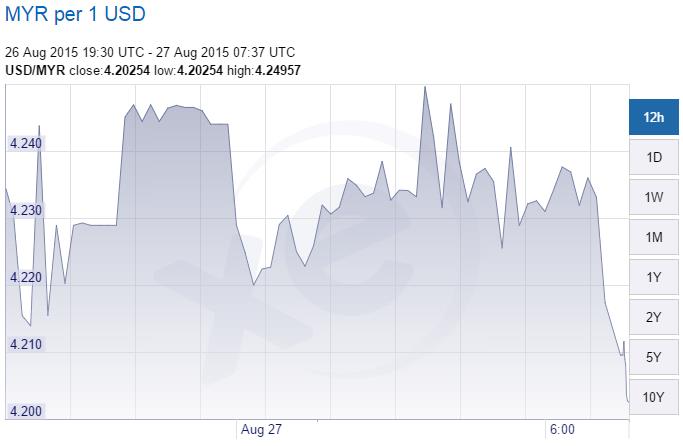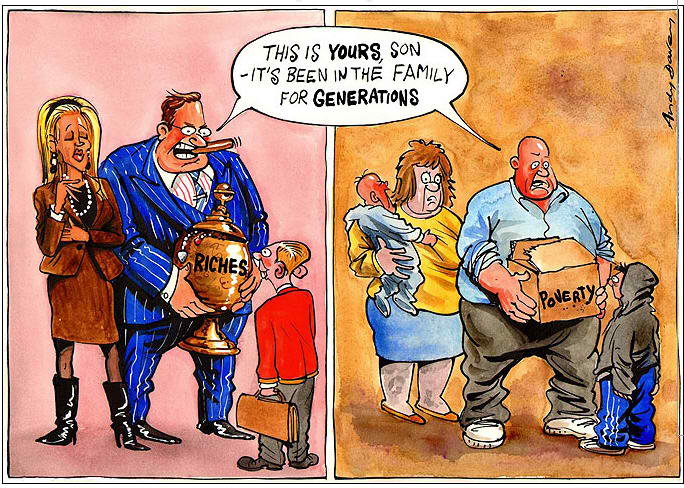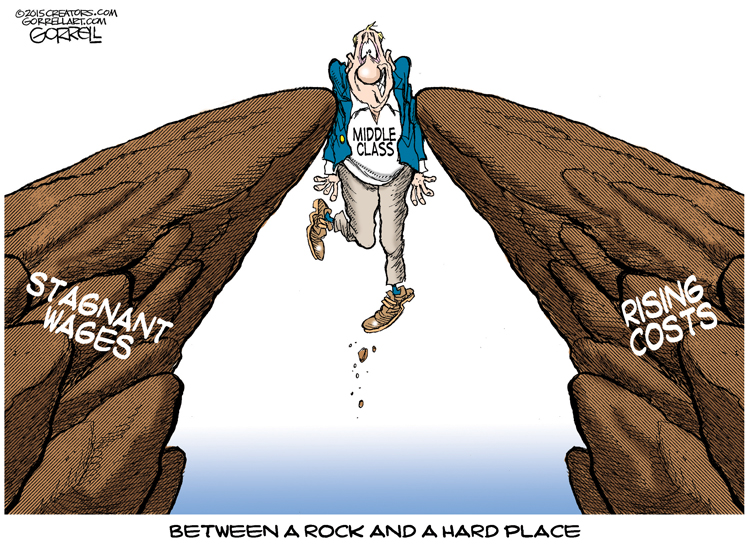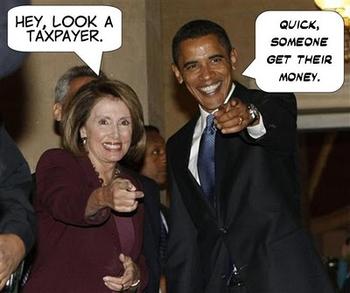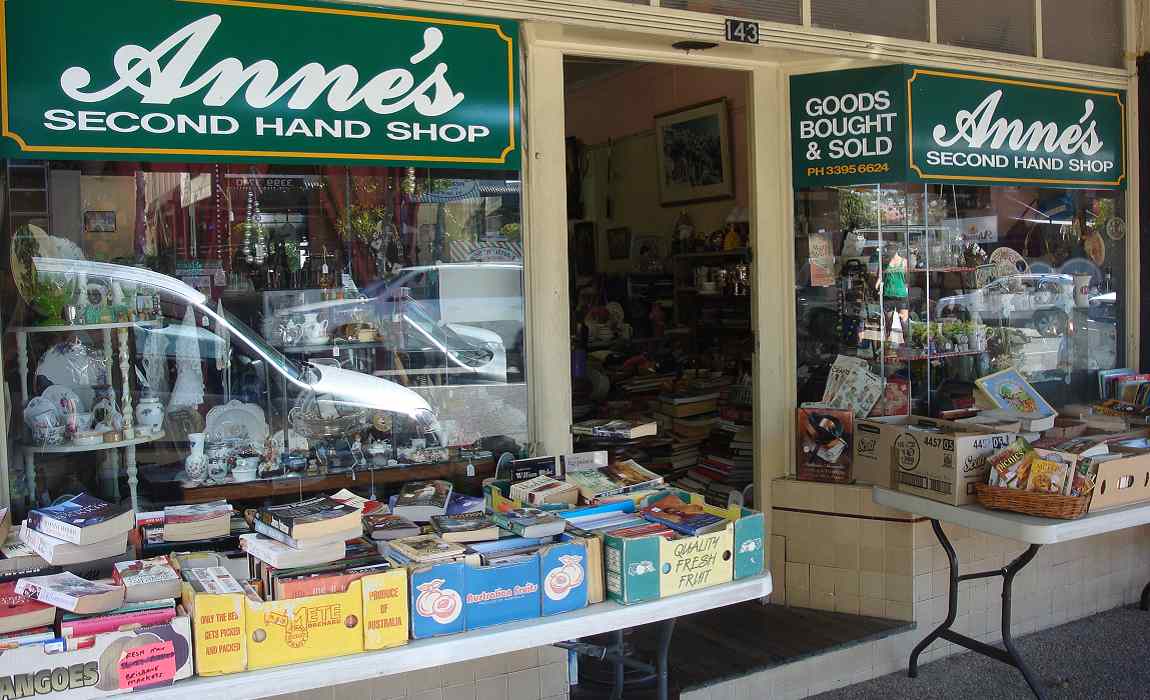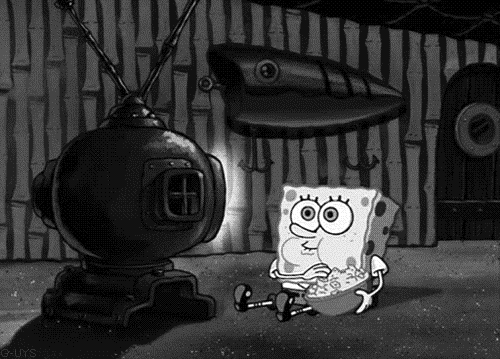Farewell, Hipster Cafés And 9 Other Predictions If The Malaysian Economy Crashes
IMHO, things are not going to be pretty for sure!
When it comes to judging Malaysia's economy, we usually have a very one-sided doomsday-ish sort of outlook towards it
Therefore, it hardly comes as a surprise with Malaysians believing our beloved country will crash and burn in the event of an economy collapse and never see the daylight anymore
While on one hand, it does seem the economic climate in our country is getting from bad to worse, on the other hand, however, one can argue what is happening right now is indeed just a problem with 'perception'.
There are data to back up the argument, of course - S&P and Fitch, two of the most popular rating agencies in the world, actually kept Malaysia at A- sovereign rating despite all the recent troubles.
Also, our exports are consistently performing well in our trade reports for the year, despite the commodity crash in oil and palm oil. And this just came in - Malaysia's GDP growth beat the estimates too by recording a 4.9% growth in the second quarter of 2015.
That's right!
Logically, the Malaysian economy shouldn't be as horrible as it seems right now. Yes, even with the current USD-MYR 4.24 exchange rate. Many analysts believe Ringgit is currently being grossly oversold.
So what is exactly creating all the 'problems' with Malaysia's economy? The answer is politics. The current political situation in Malaysia is so messy that it may be giving everybody a bad impression about the country. This current political instability is creating lack of confidence and bad sentiments especially to foreign investors. As a result, foreign investors have been actively and massively selling away our currency, equities and bonds in the past several months.
But don't worry - when the political situation in Malaysia stabilizes, the economy should bounce back too. Malaysia's economy is actually fundamentally really strong. Economic data does not lie.
That said, however, once in a while, it can be quite fun to think: What if the Malaysia's economy really does crash and everything just goes down to the sinkhole? What happens then?
Things are not going to be pretty for sure, (and I would hate to be this guy below)!
However, if such a day ever comes in our near future, well, below are the 10 possible yet bold scenarios and predictions that could happen to our socio-economic landscape... when the mud hits the fan, eventually.
1. Farewell, hipster cafés
Currently, hipster cafés are thriving in Malaysia - especially those located in the urbanite PJ and KL areas. Cosy and beautifully designed, these places offering unique food menus and their own special brews have sprouted like mushrooms overnight.
While the ones with a true niche will stand on their own, chances are that we'll see a lot of hipster cafés closing down as quickly as they started up due to their significantly above-average, if not hefty prices.
In fact, this industry will get hit the hardest among all retail shops as food is always one of our top expenses. Even the most passionate café-hopper will have to reconsider their hobby in times of an economic crash as budgets get tighter and your 'mainstream' mamak food and kopitiam look more appealing - at least, price-wise.
2. The rich will only get richer
As property and stock markets take a hit, prices will inevitably dip. Stocks, houses and bonds will be cheaper, and like the proverbial vulture, the rich will be sure to cash in on these by buying at low prices. And so financial power is stockpiled in these assets and the rich get richer - at least, they will when the economy bounces back in a several years time.
Young adults, on the other hand, will grapple with financial insecurity and the difficulties of obtaining a bank loan to buy houses at a lower price.
3. And the middle-class will migrate
The middle-child syndrome is a real thing.
While the rich prosper and the poor suffer, the middle-class remains stagnant, stuck in an economic limbo as their wages are just enough to support their lifestyle but aren’t sufficient for them to do any better.
Meanwhile, they take the brunt of taxes, being your average consumer with wallets just tight enough to feel the pinch of GST.
It’s likely that the utterly fed-up sector of the middle-class will look for greener pastures by migrating to countries like Australia, Singapore or the United States. With them leaving and bringing their assets along, it would leave Malaysia in an even poorer state as a result.
4. Getting married will have to wait, honey!
Weddings, while pretty and all that; also cost a bomb - from flowers to dresses to paying the photographer, to booking a nice venue.
With the economy in a bad shape, it's quite plausible that more couples will delay getting married to avoid racking up heavy opportunity costs.
However, there's another opportunity here - more people could opt for more unconventional choices in the process such as getting an independent wedding photographer and a simpler but creative and quirky wedding dinners to maintain their budget.
5. And, getting an alarm system would be our new priority
With an economic downturn, comes rising unemployment, and a natural side effect to this is a hike in crime rates as people are driven to desperation.
This means brisk sales in CCTVs, more security guards deployed and generally more money devoted to safety measures. While various other industries suffer, the security sector will be doing just fine.
More and more people and businesses will be looking to safeguard themselves, especially if they’re hanging off higher rungs on the financial ladder.
6. Second hand markets will thrive
The secondhand goods industry is more likely to fare better as people may begin selling off their items for a little extra cash. And where items are sold for bargain prices, the bargain-hunters come out on full force.
So while other markets may be sluggish, your local flea market in Amcorp Mall and buy-sell sites like Mudah.my, eBay, and Lowyat will be doing relatively brisk business in buying, selling and trading in these goods.
7. China smartphones will dominate the market
With more of us walking around with less-lined pockets, those that need to get new smartphones can’t afford to be choosy. Sales of premium phones, especially from brands like Apple and Samsung, will dip badly and losing sales especially with a higher rate of currency exchange.
Splurging RM3,000-5,000 on a smartphone will begin to sound like an unwise idea.
In the meantime, affordable smartphone brands such as the China-made Huawei, Xiaomi and Oppo will surely see better sales performance especially with China's aggressively devaluing Yuan, thus helping China's smartphone pricing to be super competitive.
8. Monthly subscription of satellite pay TV will go down massively
The Internet is a wonderful thing.
Most TV shows, series, and movies can be streamed online nowadays, and most of them for free ( although illegally ). With that, it won’t be odd to find customers cutting satellite pay TV from their bill to cut back on expenses especially when the bill costs a bomb monthly.
Not only that but online streaming services such as iFlix will thrive as such services provides high convenience for users to watch their favourite TV show on their Smart TV with low monthly charges.
Major satellite pay TV players will have to compete or perish.
9. Hypermarkets & supermarkets will super-stamp their domination
Traditional wet markets have already been in steady decline in recent years as the younger generations prefer to shop for food and groceries from supermarket and hypermarket.
Why? Because it is more comfortable, cleaner, tidier, organised and way less smelly.
Plus, do you know that the pricing of groceries at wet market is about the same with most branded hypermarket and supermarket? The economy of scale does tip in favour for hypermarkets chains. And for the same exact reason, it will continue to tip in favour during the bad times especially with the middle-income family as their main target.
In a typical middle-income household, apart from home and car installments, food expenses will always be of the main expenditures every month. During the tough times, few people will eat out and stay at home to prepare their own meal instead.
Hypermarket and supermarket with their huge budget will be in a good position to offer discounts and promotions to attract bargain hunters from all over the country. The more you buy, the more discount you get, thus the more customers will spend.
Sounds like a win-win situation. Except for wet market and sundry shops!
10. Increased consumption of counterfeited goods
In Malaysia, cigarettes and alcohol are taxed heavily. With an economic downturn, the prices of these products will become too expensive for its regular consumers.
Hence, these consumers, especially those who smoke, will resort to a significantly cheaper alternative - counterfeit cigarettes and alcohol.
Another side-effect is that there may be a rise in alcoholism as the stress that follows the economic crash drives people to lose their sorrows in drink.
This story is the personal opinion of the writer. Submit a story by emailing us at [email protected].

